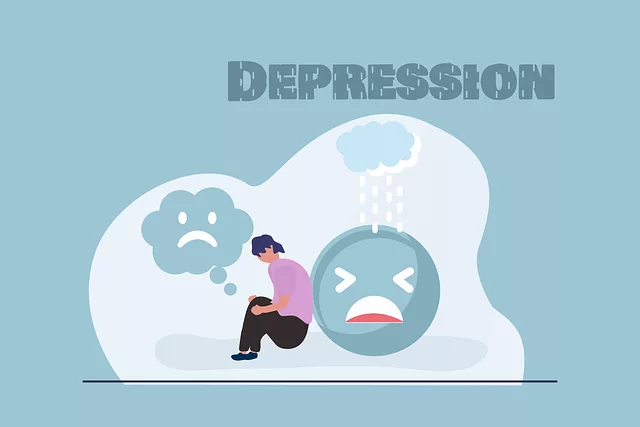Kaiser Permanente Psychiatry in Parker offers a dedicated 24/7 phone line for trauma support, improving mental health care accessibility. Their comprehensive approach includes evidence-based practices like CBT and EMDR for crisis management and long-term recovery, along with community outreach to serve underserved populations. By combining immediate access, effective treatments, and stigma reduction, Kaiser Permanente empowers individuals to overcome trauma and build resilience.
In today’s world, trauma support services are more crucial than ever. This article explores the profound impact of trauma and highlights a valuable resource: the Kaiser Permanente Psychiatry Phone Number, dedicated to assisting Parker residents. We delve into effective strategies for providing trauma support services, emphasizing the importance of understanding trauma’s far-reaching effects. By examining these strategies, communities can foster healing and resilience among those who have experienced traumatic events, particularly in light of the readily accessible Kaiser Permanente psychiatry phone number in Parker.
- Understanding Trauma and Its Impact
- Kaiser Permanente Psychiatry Phone Number: A Resource for Parker Residents
- Effective Strategies for Providing Trauma Support Services
Understanding Trauma and Its Impact

Understanding trauma is a crucial first step in providing effective support services. Trauma, often defined as a deeply distressing or disturbing event, can have profound and lasting effects on an individual’s mental and physical well-being. It can manifest in various ways, from acute reactions like shock and dissociation to chronic conditions such as post-traumatic stress disorder (PTSD). At Kaiser Permanente, their psychiatry phone number in Parker serves as a vital resource for those seeking help. This service provides a safe space for individuals to process their traumatic experiences, fostering healing through evidence-based practices tailored to their unique needs.
The impact of trauma extends beyond the immediate event, affecting relationships, daily functioning, and overall quality of life. Self-Awareness Exercises and Mind Over Matter Principles have been proven to empower individuals in managing trauma’s aftermath. By promoting reflection and resilience, these techniques enable people to process traumatic memories, regulate emotions, and regain a sense of control. Moreover, Community Outreach Program Implementation plays a critical role in ensuring that support services reach underserved populations, offering a network of assistance for those who might otherwise struggle to access care.
Kaiser Permanente Psychiatry Phone Number: A Resource for Parker Residents

For residents of Parker, accessing trauma support services is made easier through the dedicated resources provided by Kaiser Permanente Psychiatry. One such vital tool is their phone line, offering a direct point of contact for individuals seeking assistance. This initiative aligns with the organization’s commitment to enhancing mental health care in the community and serves as a cornerstone of their comprehensive approach.
The psychiatric team at Kaiser Permanente is not just equipped to handle acute crises; they also focus on long-term recovery and well-being. They utilize evidence-based practices, including those aimed at building empathy and improving self-esteem, through various programs and strategies. Their Community Outreach Program Implementation ensures that support reaches underserved populations, fostering a more resilient and connected community in Parker.
Effective Strategies for Providing Trauma Support Services

Effective strategies for providing trauma support services involve a multifaceted approach that caters to the complex needs of individuals affected by traumatic events. One key component is ensuring accessibility, such as offering 24/7 helplines like the Kaiser Permanente psychiatry phone number in Parker, enabling immediate connections to trained professionals. This rapid response can significantly impact outcomes, especially for those in acute distress.
Additionally, integrating evidence-based practices like cognitive behavioral therapy (CBT) and eye movement desensitization and reprocessing (EMDR) within these services has proven effective. Engaging the community through Public Awareness Campaigns Development and Mental Illness Stigma Reduction Efforts can further normalize conversations around trauma and encourage individuals to seek help. Incorporating Self-Awareness Exercises tailored to different populations can also foster resilience, enhancing long-term coping mechanisms.
Trauma support services are invaluable resources for communities like Parker, where access to skilled professionals can significantly enhance recovery. The Kaiser Permanente Psychiatry Phone Number serves as a vital gateway for residents seeking help, offering a confidential and accessible point of contact. By combining this resource with effective strategies outlined in the article, such as trauma-informed care and community outreach, Parker can foster an environment that supports healing and resilience among those who have experienced trauma.






